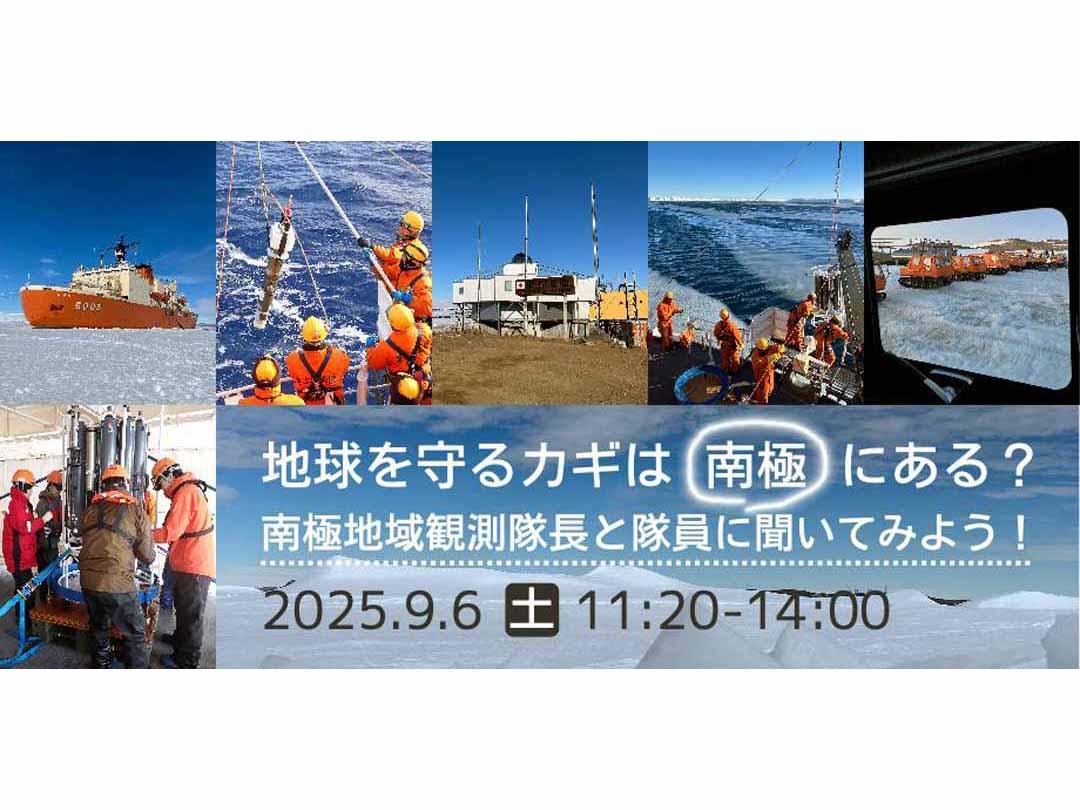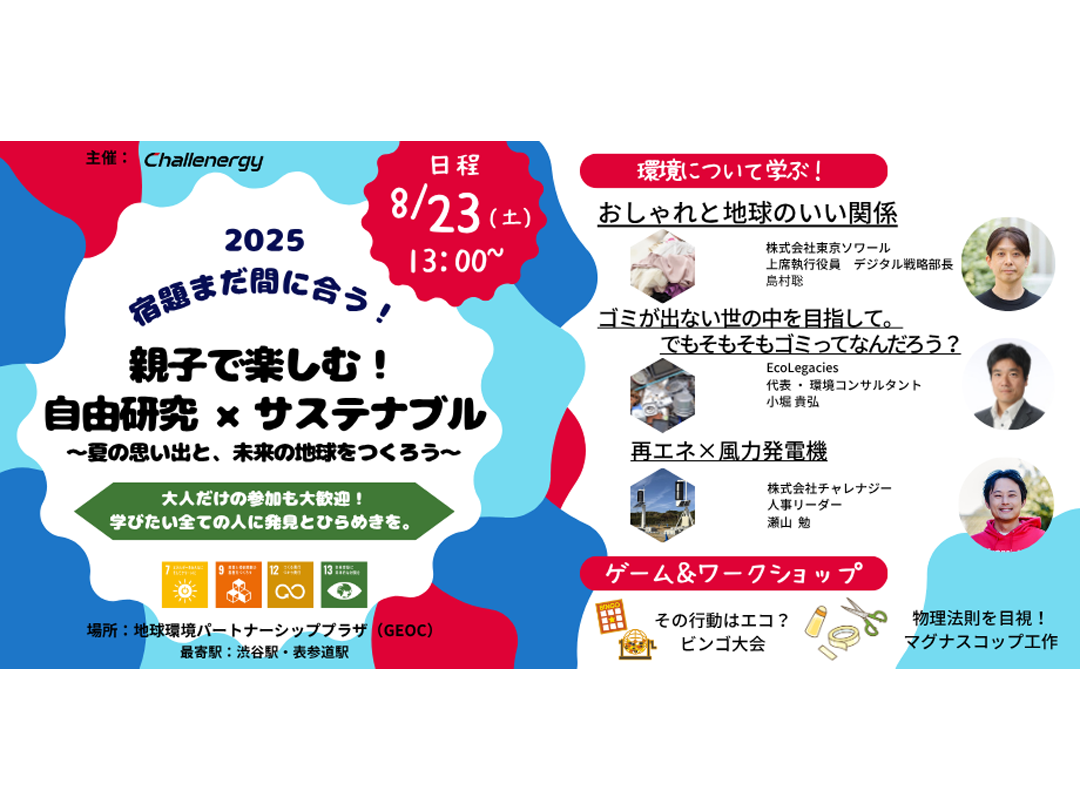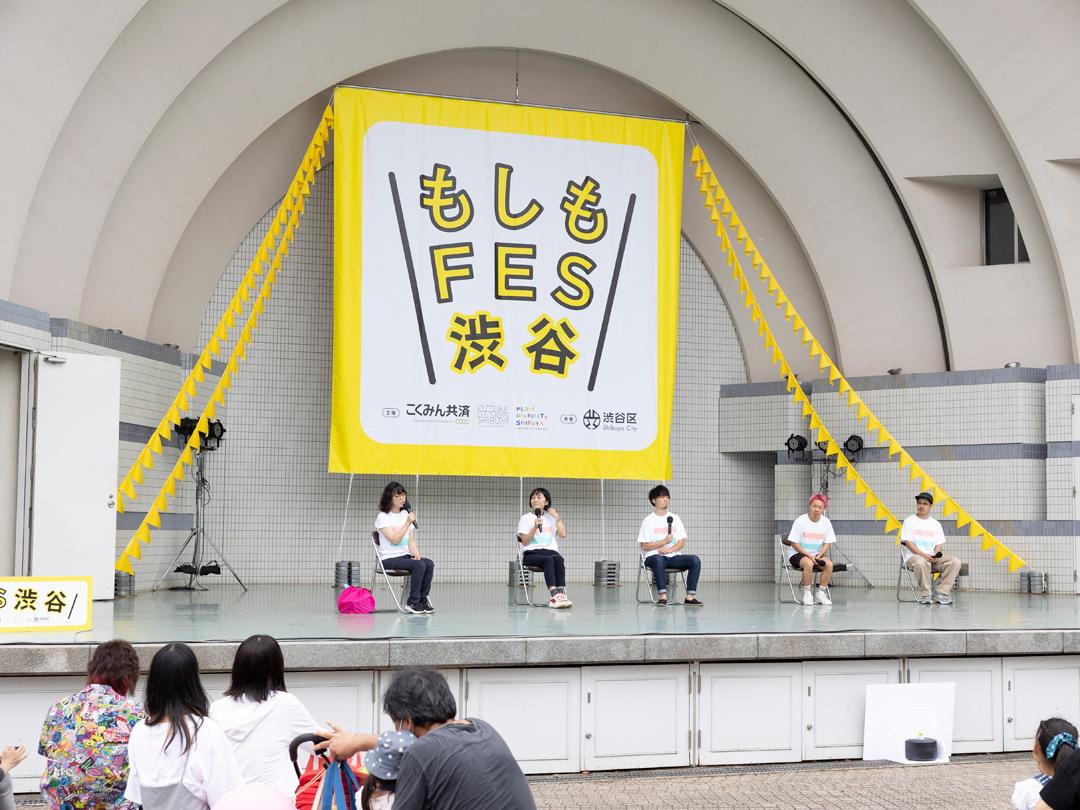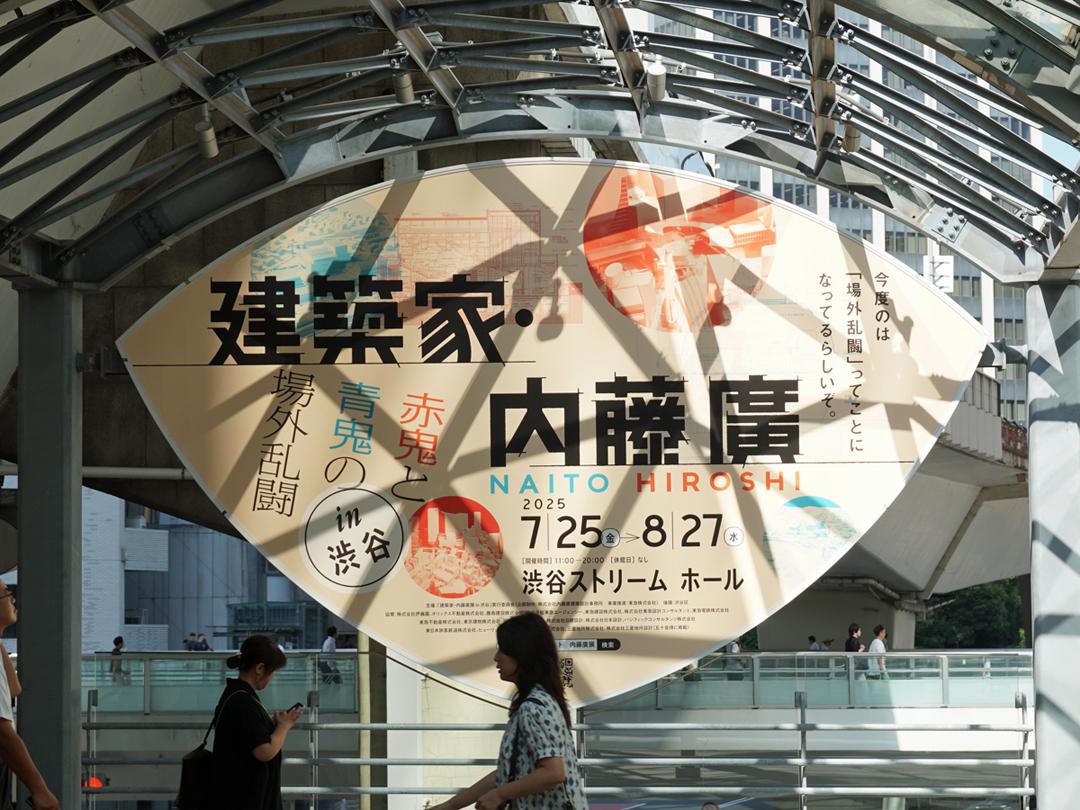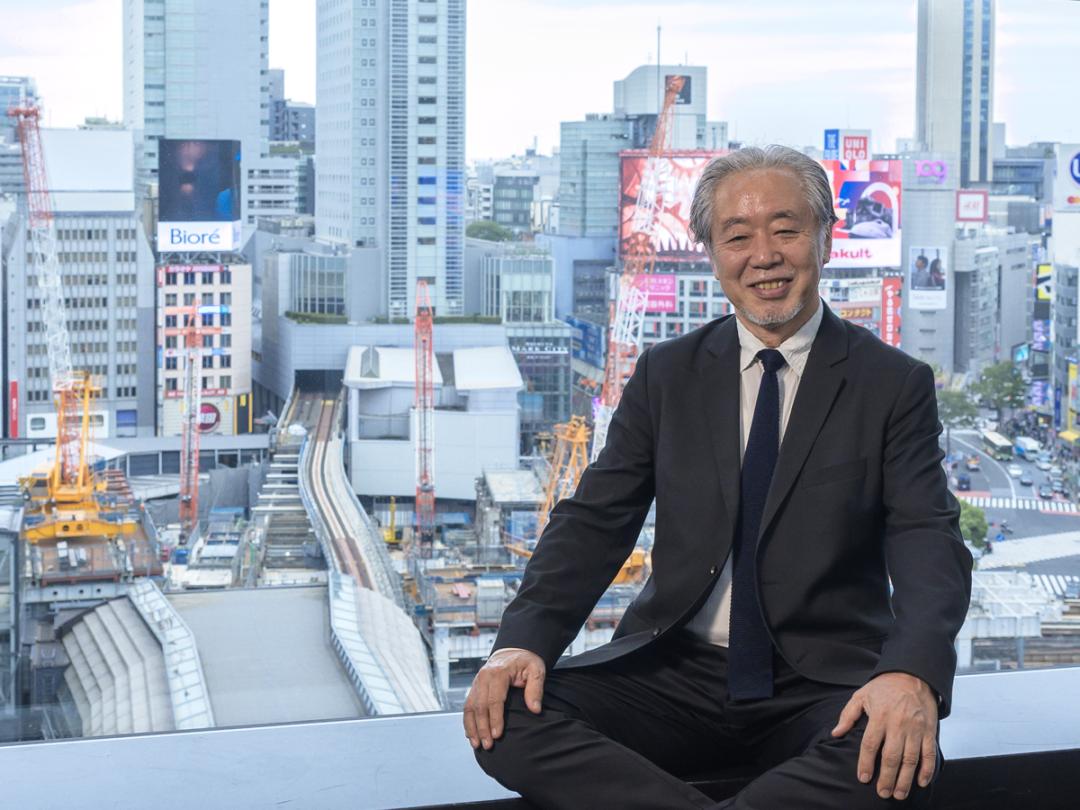SHIBUY.A. × EVENT
2025-09-06
Does Antarctica hold the key to protecting the Earth? Let's ask the Antarctic Research Expedition leader and crew! (QWS Academia Special, University of Tokyo)
A program to encounter "unknown questions" in collaboration with universities
2025-08-08
Source: Peatix
[SHIBUYA QWS original program "QWS ACADEMIA"]
This is a program in collaboration with universities that allows students to encounter "unknown questions." At universities, there are students and researchers who are facing a wide variety of "questions." "QWS ACADEMIA" is not just a class where knowledge is transmitted, but aims to stimulate each other in both directions and create a chemical reaction.
【Event Summary】
The 66th Antarctic Research Expedition (JARE) completed its observations in East Antarctica, which began in December 2024, and returned to Japan in April 2025. Members of the 66th expedition, whose main activities were observations in the Antarctic ocean, including Professor Naomi Harada of the Atmosphere and Ocean Research Institute, who became the first female expedition leader, will report directly on the purpose of their participation in the survey and the results they achieved.
You probably have a lot of questions, such as "Why do we study Antarctica?" and "What is the difference between observing the Arctic and Antarctic?" Take this opportunity to ask as many questions as you can.
Venue: SCRAMBLE HALL (in SHIBUYA QWS)
<ABOUT SHIBUYA QWS>
SHIBUYA SCRAMBLE SQUARE opened on November 1, 2019, directly connected to and above Shibuya Station. SHIBUYA QWS (hereinafter QWS) is a members-only facility located on the 15th floor. With the concept of "A crossroads of possibilities that asks questions of the world from Shibuya," the facility aims to create a movement that leads to unknown values by crossing the [questions] of players with diverse backgrounds.
https://shibuya-qws.com/
Capacity: 150 people (General: 100 people, Invited: 50 people [Breakdown] (High school students accepted for field trips, reporters))
Cost: Free
Organized by: SHIBUYA QWS Innovation Council/Atmosphere and Ocean Research Institute, The University of Tokyo
Cooperation: National Institute of Polar Research
Schedule: The following schedule is planned
11:00 Participant registration and viewing of panel exhibition
11:20-11:30 Opening remarks
11:30-12:10 66th Antarctic Research Expedition Activity Report (20 minutes x 2 people)
12:10-12:30 Poster exhibition viewing, coffee break
12:30-14:00 Free talk on Antarctic observation (30 minutes x 3 themes)
14:00 Closing remarks
[List of speakers]
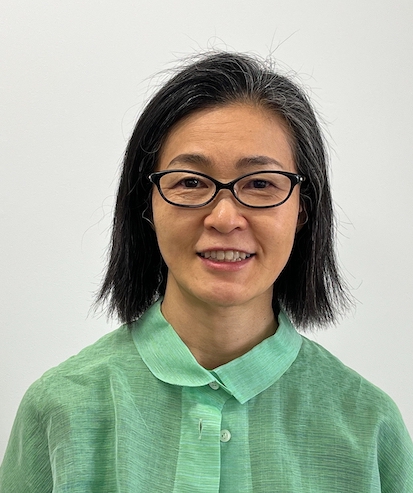
Naomi Harada
Commander of the 66th Antarctic Research Expedition / Professor, International Collaborative Research Division, Atmosphere and Ocean Research Institute, The University of Tokyo
His specialty is biogeochemistry. He has conducted research to clarify changes in the marine environment over the past 100,000 years, as recorded in seafloor sediments in the high latitudes of the North Pacific, as well as to clarify the production of marine organisms and the response of ecosystems to the decline of sea ice in the Arctic Ocean. Recently, he has shifted his research focus to the Southern Ocean, where he is conducting material circulation research aimed at elucidating the process by which biogenic particles, born from the production of organisms in the ocean, transport carbon to the deep sea.
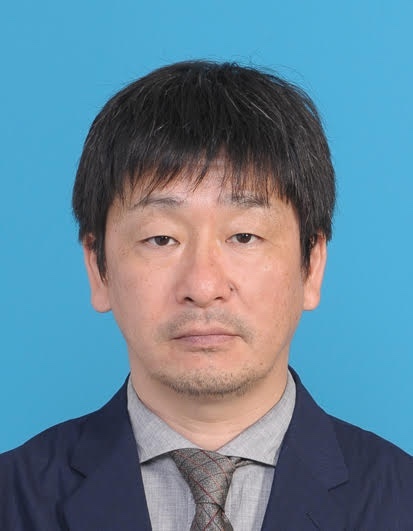
Ryusuke Makabe
Assistant to the Commander of the 66th Antarctic Research Expedition / Associate Professor, Department of Advanced Research Promotion, National Institute of Polar Research
Originally from Miyagi Prefecture, he received his PhD in Science from Ishinomaki Senshu University Graduate School in 2007. His specialty is biological oceanography. Since 2015, he has been researching the relationship between plankton communities and carbon cycles in the Southern Ocean at the National Institute of Polar Research.
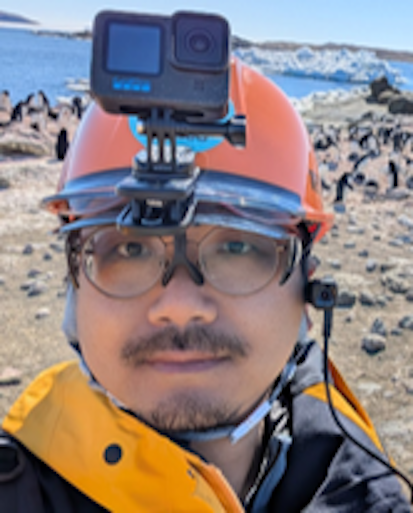
Hirokazu Yamagata
Associate Professor, School of Advanced Engineering, Nippon Institute of Technology / Collaborative Researcher, Institute of Industrial Science, The University of Tokyo
After obtaining his doctorate, he joined the Institute of Industrial Science, University of Tokyo. He is involved in the development and operation of autonomous underwater vehicles (AUVs) for Antarctic observation. He was involved in the on-site operation of the AUV "MONACA" on two Antarctic observation expeditions (the 64th and 66th). He is currently working at Nippon Institute of Technology, where he is working on the application of underwater robots to Antarctic exploration, education, fossil restoration, and more. In 2013, he will be visiting Antarctica for the third time on the 67th Antarctic observation expedition.
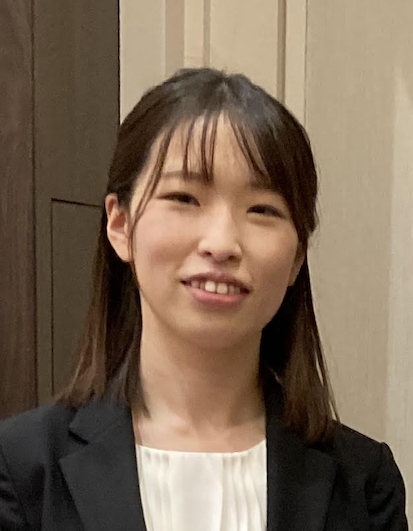
Minako Kurisu
Lecturer, Department of Marine Chemistry, Atmosphere and Ocean Research Institute, The University of Tokyo
In 2020, he completed his doctoral studies in Earth and Planetary Sciences at the Graduate School of Science, The University of Tokyo. His specialty is atmospheric and marine geochemistry. He studies the circulation of iron in the atmosphere and oceans using methods such as isotope and chemical speciation analysis. As part of the 66th expedition, he attempted to observe iron in seawater around the Totten Glacier, a first for Japan.
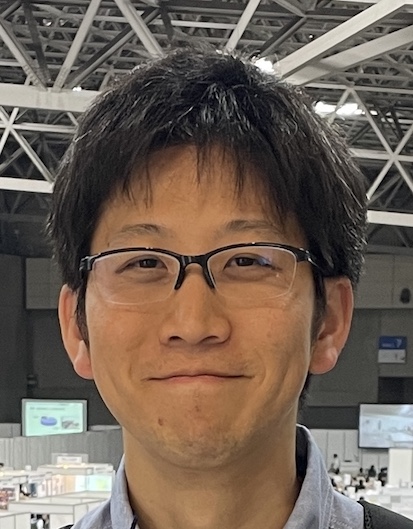
Tsubasa Kodaira
Lecturer, Department of Ocean Policy, Technology and Environment, Graduate School of Frontier Sciences, The University of Tokyo
He holds a PhD from the Graduate School of Frontier Sciences at the University of Tokyo. His specialty is applied physical oceanography. He currently serves as a lecturer at the University of Tokyo Graduate School. He first became involved in marine research during his third year of university, when he was involved in a project course on selecting suitable locations for an ocean current power generation system. His favorite animal is the giraffe. He participated in the 2019 and 2023 Arctic voyages of the JAMSTEC Oceanographic Research Vessel Mirai. He was a member of the 66th Antarctic Research Expedition Summer Team, and observed active sea ice melting in Antarctica.
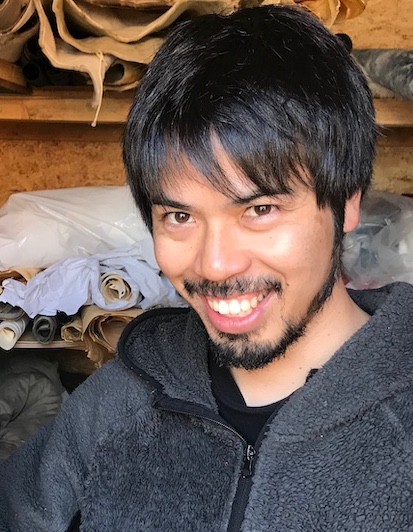
Naoya Kanna
Assistant Professor, Department of Marine Chemistry, Atmosphere and Ocean Research Institute, The University of Tokyo
Graduated from the Graduate School of Environmental Science, Hokkaido University. PhD in Environmental Science. 66th Antarctic Research Expedition (Summer Team). 69th Australian Antarctic Research Expedition (Summer Team).
His specialty is marine chemistry. He mainly investigates the distribution and behavior of metal elements present in trace amounts in seawater and their role in the ocean. In addition to the Antarctic Ocean, he has also conducted research in the glacial fjords of Greenland and Patagonia.
Ayumu Maeda
Specially Appointed Assistant Professor, International Collaborative Research Division, Atmosphere and Ocean Research Institute, The University of Tokyo
Chen Sijun
Project Researcher, International Collaborative Research Division, Atmosphere and Ocean Research Institute, The University of Tokyo
Kohei Mikami
Project Researcher, Department of Ocean Policy, Technology and Environment, Graduate School of Frontier Sciences, The University of Tokyo
To apply to participate in the event
Thank you from here.
